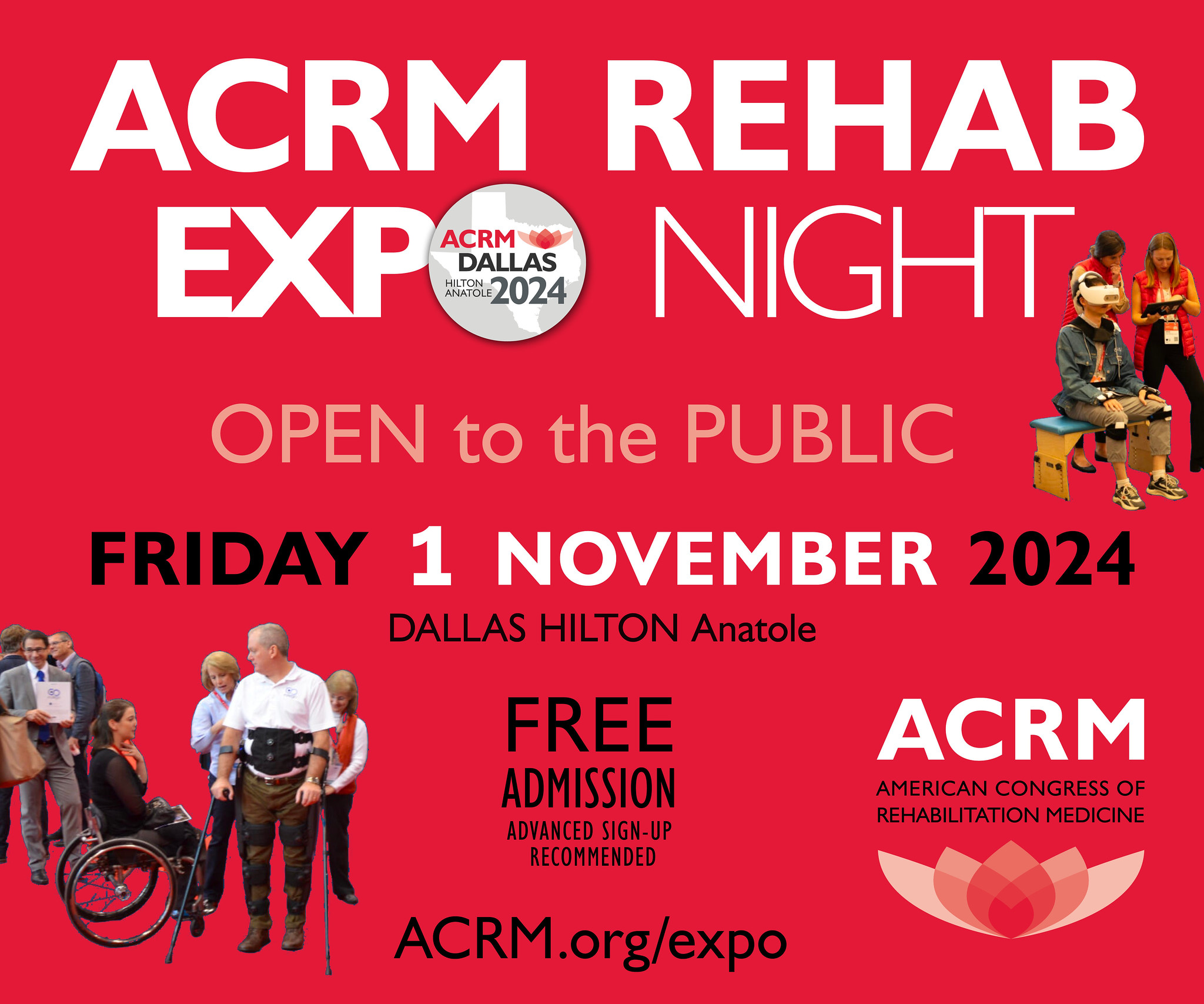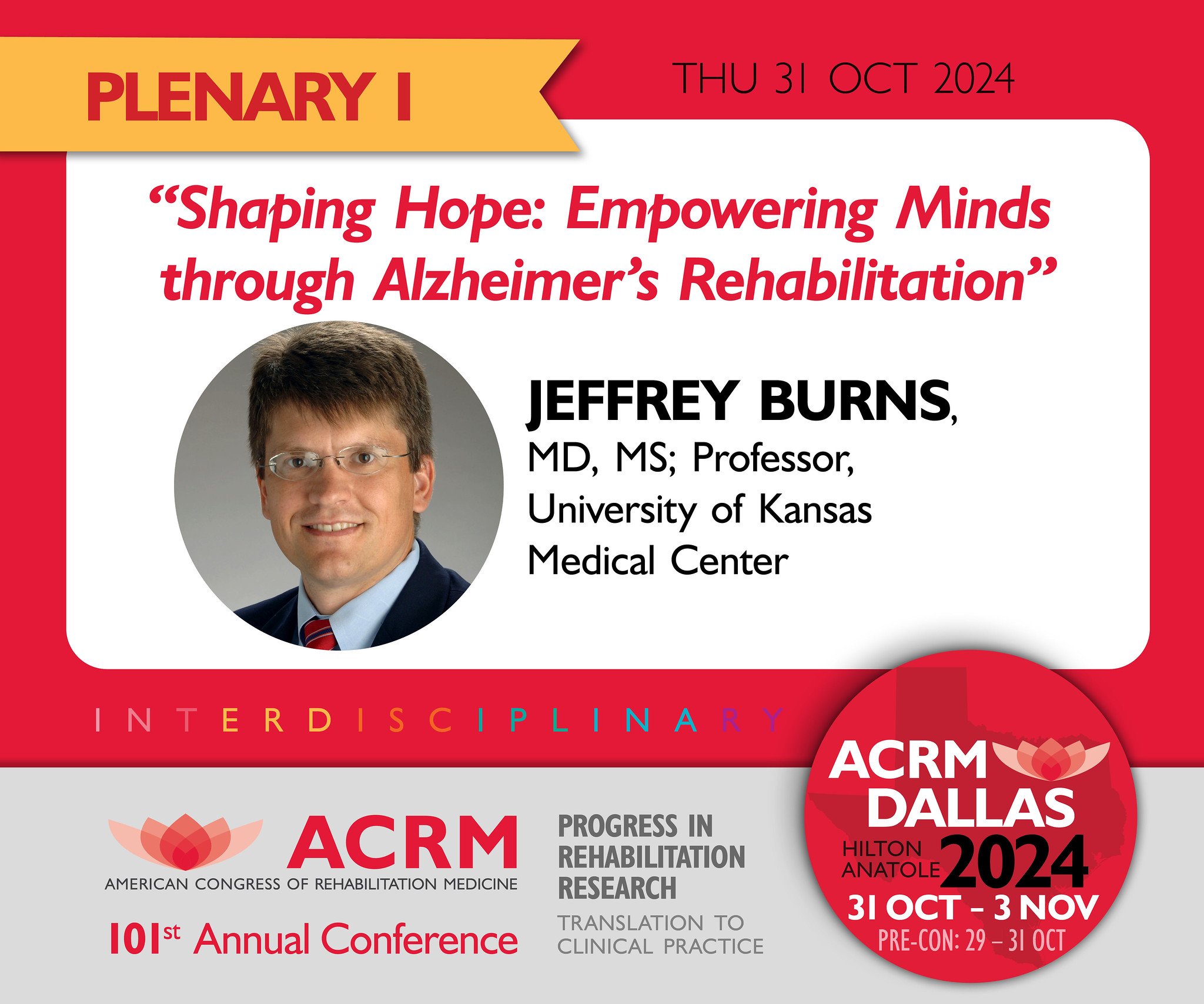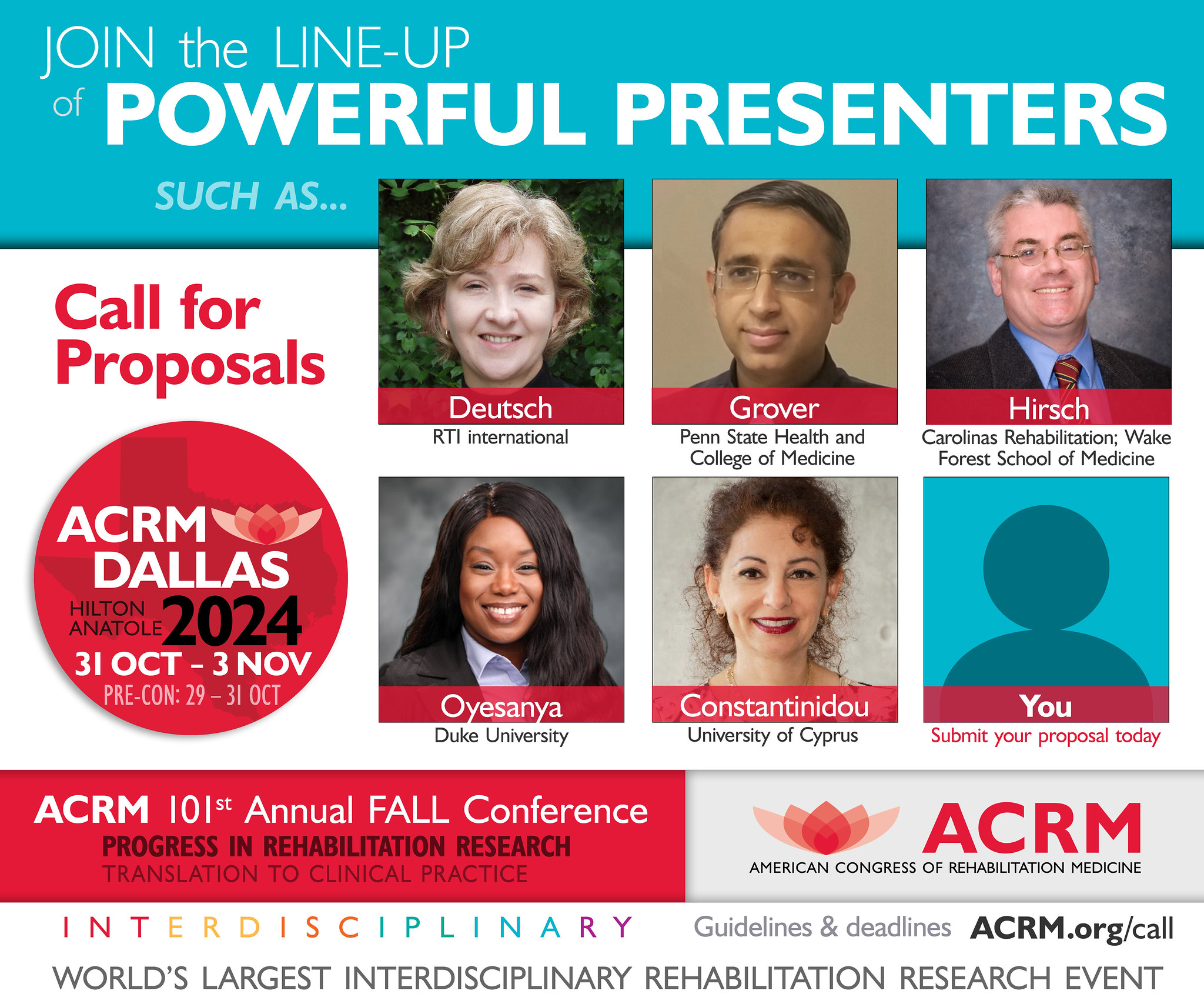
CHARI HIRSHSON
ECNG Secretary
Chari Hirshson, Ph.D. is currently a senior clinical psychologist at Icahn School of Medicine at Mount Sinai in the Department of Rehabilitation Medicine. Dr. Hirshson received her Doctorate in Clinical Psychology from Ferkauf Graduate School Yeshiva University where she focused on neuropsychology, and then completed a two-year Postdoctoral Research Fellowship in Clinical Neuropsychology in the Brain Injury Research Center at Icahn School of Medicine at Mount Sinai.
Her clinical work is primarily on the inpatient brain injury service at the hospital. She is a supervisor of interns and actively involved in their training and program. Dr. Hirshson’s clinical interests include neuropsychological assessment, cognitive remediation and psychotherapy with patients after brain injury, stroke and dementia.
Her research interests include aging and long term outcomes after traumatic brain injury. She is actively involved with ACRM and within the BI-ISIG task forces. Specifically, she is the secretary for the ACRM ECNG, a member of the Long Term Outcomes Task force in BI ISIG and the co-chair of the Prognosis Task Force in the BI ISIG.
Key words: traumatic brain injury, neuropsychology, mortality, aging, cognitive remediation.
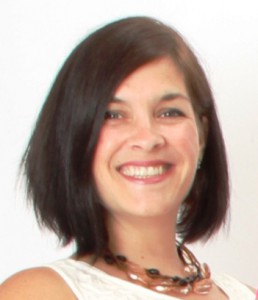 STEPHANIE KOLAKOWSKY-HAYNER, PHD
STEPHANIE KOLAKOWSKY-HAYNER, PHD
Chair, Early Career Development Course Task Force
Stephanie Kolakowsky-Hayner, PhD, CBIST is the Director of Rehabilitation Research at Santa Clara Valley Medical Center (SCVMC) in San Jose, CA. She is the Project Co-Director of the U.S. Department of Education, National Institute of Disability and Rehabilitation Research (NIDRR) funded Northern California Traumatic Brain Injury Model System of Care Follow-up Center and the Northern California Spinal Cord Injury Model System of Care Follow-up Center, and the Partnering-PI for the DoD-funded study of rTMS: A Treatment to Restore Function after Severe TBI; a project to improve functional recovery for persons remaining in vegetative or minimally conscious state 3 to 12 months after severe TBI.
She oversees the brain injury, stroke, spinal cord injury, spina bifida, and amputee peer support programs with over 100 active participants and was also instrumental in securing funding for TBI Matters, a community-based quarterly education series. She holds an appointment as a Clinical Assistant Professor Affiliated in the Department of Orthopaedic Surgery, Stanford University School of Medicine and is actively engaged in the resident education program. She serves as the Chairman of the Board of the Brain Injury Association of California, and is a member of the Academy of Certified Brain Injury Specialists Board of Governors, the SCVMC Institutional Review Board (IRB) and the SCVMC Rehabilitation Leadership Team.
Stephanie’s main interests include neurorehabilitaiton, family and caregiver needs, ethnicity and cultural issues, peer mentoring, and return to work after injury. She has nearly 20 years progressively of independent experience in research related activities. To date, she has made more than 170 professional presentations and published over 160 peer-reviewed manuscripts, book chapters, and other information materials for professionals and consumers with disabilities.
In addition to being a proud wife and mom of 5 school-aged children, Stephanie actively serves on multiple committees and task forces of the American Congress of Rehabilitation Medicine including Chairing the Early Career Development Course Task Force, and the International Networking Group Conference Task Force. She also serves on the Program Planning Committee, the Policy and Legislation Committee, and the Brain Injury Special Interest Group Communications Committee.
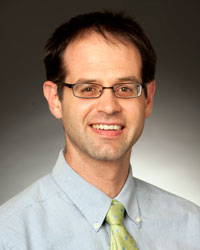 BRAD KUROWSKI, MD, MS
BRAD KUROWSKI, MD, MS
Chair, Physicians Task Force
Dr. Kurowski is a Physiatrist and an Assistant Professor in the Department of Pediatrics at Cincinnati Children’s Hospital Medical Center, and in the Department of Neurology and Rehabilitation Medicine at the University of Cincinnati College of Medicine, Cincinnati, OH. He has his MS in Clinical and Translational Research. He is currently transitioning from the early career stage to mid-career. As a clinician researcher, Dr. Kurowski specializes in pediatric rehabilitation medicine and brain injury medicine. His research focuses on neurocognitive and behavioral recovery after brain injury of all severities and novel clinical and pragmatic trial methodology.
Dr. Kurowski’s inspiration for what he does is twofold. First, is the stories from the patients and families about the impact of cognitive and behavioral problems on recovery/functioning after brain injury. Second, is the need to develop a better evidence-base for managing recovery after brain injury.
Dr. Kurowski is currently active with several ACRM groups: the Early Career Networking Group, as the Chair of the Physician Task Force; the Brain Injury Interdisciplinary Special Interest Group Pediatric, Brain Injury Task Force. Contact Dr. Kurowski with questions or at bgkurowski@gmail.com.
Key Words: Child/Pediatric/Adolescent, Brain Injury, Cognitive, Behavior, Clinical Trials, Recovery
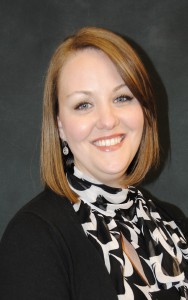 BROOKS WINGO, PHD
BROOKS WINGO, PHD
Co-Chair, Mentoring/ Advising Task Force
Dr. Wingo is an Assistant Professor in the Department of Occupational Therapy at the University of Alabama at Birmingham. She received her PhD in Health Education and Promotion from the UAB School of Public Health in 2010 and completed a postdoctoral fellowship in Comparative Effectiveness in the UAB Center for Outcomes and Effectiveness Research and Education (COERE) and the Department of Nutrition Science.
Her research focuses on understanding the role of dietary and exercise patterns on the cardiometabolic health of individuals with mobility limitations, and developing novel methods for delivering lifestyle interventions to this group. Much of her research is focused on developing telehealth interventions for delivering weight management programs to children and adults with spinal cord injury, cerebral palsy and spina bifida.
She is also conducting research on the validity of measures of body composition and cardiometabolic risk in non-ambulatory adults. Her interests in cardiometabolic risks in adults with mobility disability grew from her work in weight management clinics, where the interdisciplinary team with which she worked struggled to find evidence-based dietary interventions for patients who presented with TBI, SCI and spina bifida. In addition to her research, she also teaches courses in the MSOT and PhD in Rehabilitation Sciences programs at UAB.
She is currently the co-chair of the ECNG Mentoring Task Force, and she is also involved in the ACRM SCI Fitness and Wellness Task Force. Contact Brooks Wingo to learn more about the Mentoring/Advising Task Force.
Key Words: Obesity, Cardiometabolic Risks, Spinal Cord Injury


